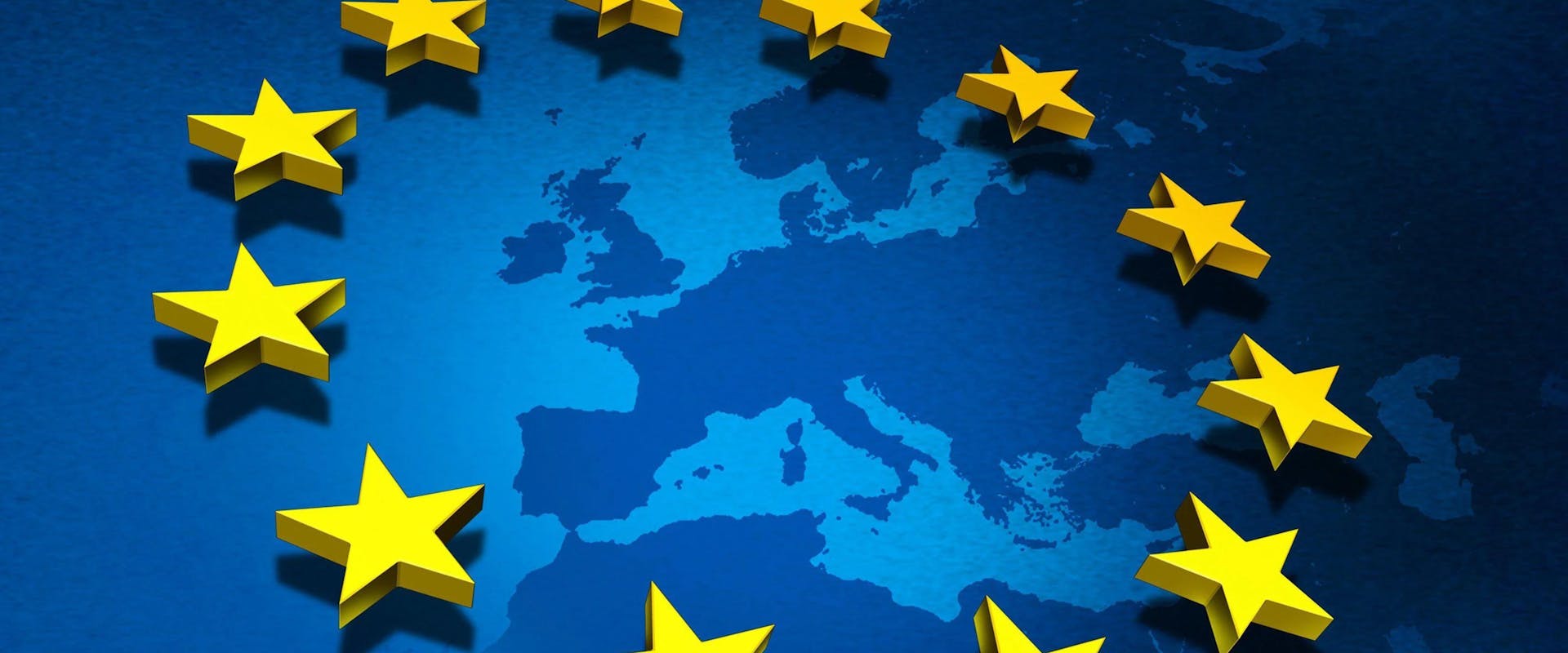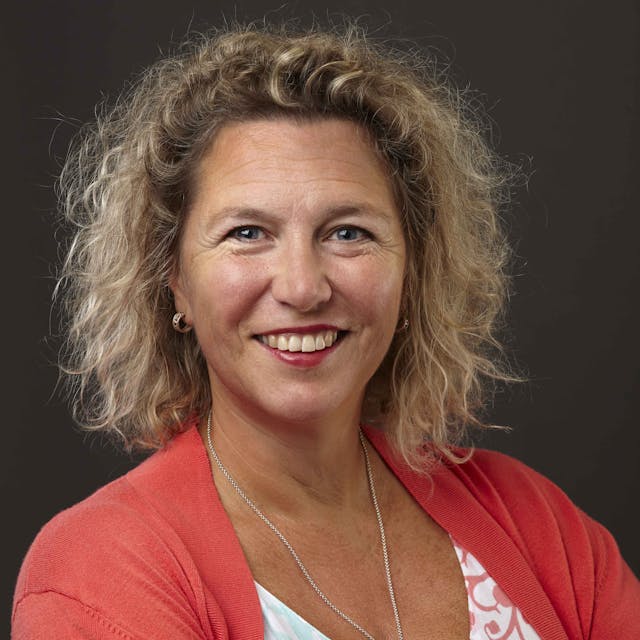Blog Article
CSEM's relation with Horizon Europe
- Erika Györvary
- 3. Juli 2023
- Lesedauer : 8 Min.8 Min.

(Dieser Artikel ist nur auf Englisch verfügbar) Since the European Federal Council abandoned the Framework Agreement, Switzerland is now considered as a non-associated third country in terms of scientific research within Europe. Excluded from the Horizon Europe program since June 2021, this status has had long-term effects on CSEM and the Swiss innovation ecosystem. European projects are vital for CSEM to collaborate with international partners and drive world-class R&D.

